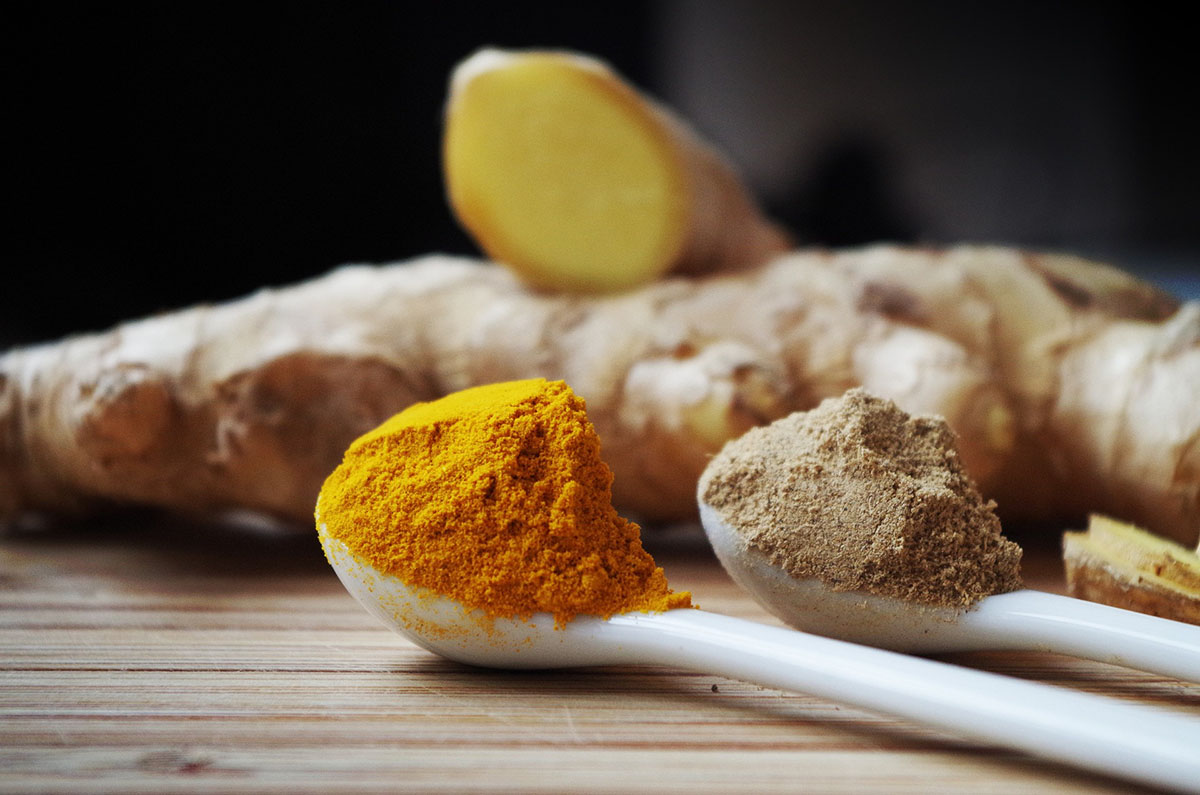Why Does Neck Pain Happen?
Modern life doesn’t exactly make it easy to avoid neck pain. Hours spent hunched over a computer or scrolling on your phone can strain your muscles and joints, leading to stiffness and discomfort. Stress often makes things worse, as tension accumulates in the neck and shoulders, creating a “pain cycle” that’s hard to break.
Traditional Chinese medicine (TCM) views neck pain differently than Western medicine. Rather than focusing solely on the physical symptoms, TCM seeks to restore balance within the body. Pain is often seen as a sign of “stagnation,” or blocked energy (qi), in certain pathways. Acupuncture, herbs, and other techniques are used to unblock these pathways, allowing your body’s natural healing processes to take over.
How Acupuncture Can Help
Acupuncture has a long history of treating pain conditions, including neck pain. By inserting thin, sterile needles into specific points on the body, an acupuncturist can help release tension, improve circulation, and reduce inflammation—all of which contribute to pain relief.
According to Berkeley Acupuncture, studies have shown that acupuncture can significantly reduce neck pain and improve mobility. It’s not just about targeting the physical symptoms; acupuncture also addresses the emotional stress and tension that often accompany chronic pain. This holistic approach makes it an ideal choice for busy women looking for a solution that nurtures both body and mind.
A 2022 article by Zawn Villines, a Medical News Today writer for who covers medical, legal, and social justice topics, “Can acupuncture help neck pain?”, highlights research showing that patients who received acupuncture experienced notable pain relief and improved range of motion. Medical News Today cites studies suggest that acupuncture may help relieve chronic neck pain by reducing inflammation and promoting relaxation.
For instance, a 2021 paper in the National Library of Medicine’s PubMed Central highlights prior research on acupuncture as well as other complementary therapies, such as cupping. It concluded that all three likely offer benefits.
Villines points out that “one of the cited systematic reviews looked at many different types of pain. It found that acupuncture participants reported lower pain intensity, disability, and functioning compared to no treatment. However, the differences between acupuncture and the placebo were small or nonexistent. This suggests that at least some of the benefits of acupuncture might be due to the placebo effect.”
She also cites an example of Acupuncture assisting with neck pain from Cervical spondylosis, a degenerative disease affecting the spinal discs (a relatively common source of neck pain). A 2021 study assessed acupuncture for the treatment of the condition. “Participants underwent either optimized, shallow, or placebo acupuncture for 4 weeks. At the end of the study, participants with optimized acupuncture reported more pain relief than those in the shallow and fake groups. After 16 weeks, there were statistically significant differences between the groups.”
What to Expect During a Session
At Tao to Wellness, we understand that trying something new can feel intimidating, especially when your schedule is already packed. That’s why we strive to create a calming, supportive environment where you can truly unwind.
Your acupuncturist will begin with a consultation, taking time to understand your symptoms, lifestyle, and overall health. Based on this information, they’ll develop a personalized treatment plan that might include acupuncture, cupping therapy, herbal medicine, or dietary recommendations.
Many patients find the experience deeply relaxing—some even fall asleep during their sessions! Over time, regular treatments can lead to profound changes, not only in pain levels but in overall well-being.
What Is the Best Way to Prevent Neck Pain?
Preventing neck pain often means nurturing your body and mind through small, consistent acts of self-care. Here are a few practices to help keep discomfort at bay and support your overall well-being:
Meditation and Relaxation

Life gets busy, but finding time to slow down can do wonders for your body. Regular meditation not only calms the mind but also relaxes the entire body, allowing muscles, tendons, and ligaments to stay flexible and better lubricated. When your body feels balanced and supple, it’s less prone to tension and injury. Even a few minutes a day can make a big difference—try starting with deep breathing or a guided meditation.
Prioritize Sleep

We all know the feeling: wishing for just a few extra hours in the day to get everything done. But your body needs quality sleep to recover and recharge, especially your muscles. Deep sleep is essential for physical restoration, allowing your body to release tension and repair from the stresses of daily life. Tools like a Fitbit or other sleep trackers can help you monitor your REM and deep sleep cycles, encouraging you to prioritize rest.
Soothe with Epsom Salt Baths
When stress runs high, an Epsom salt bath can work wonders. The warm water eases muscle tension, while magnesium from the salts absorbs through your skin, supporting over 300 biochemical functions in the body. Magnesium is an underrated hero, offering relaxation and promoting flexibility in your muscles. Make this soothing ritual a weekly habit to unwind and nurture your body.
Stretch Regularly
Hours spent sitting—whether at a desk or in the car—can leave your body feeling tight and scrunched. Stretching helps restore balance, relieve tension, and prevent stiffness from setting in. For an extra boost, consider a professional stretching session. A trained practitioner can guide your body through stretches that release tension and recommend daily exercises tailored to your needs.
Embrace Anti-inflammatory Herbs

Nature offers incredible support for reducing inflammation. Herbs like turmeric, ginger, and rosemary work preventatively to address the root causes of discomfort, unlike over-the-counter painkillers that only mask symptoms. A licensed herbalist can help you create a personalized herbal regimen to keep inflammation in check and support long-term wellness.
Chinese medicine is about more than just relieving symptoms; it’s about helping you live in harmony with your body. For neck pain, this often means looking at the bigger picture. Posture and ergonomics play a huge role in neck health, so we may recommend simple adjustments to your workspace or daily habits. Stress management is equally important. Incorporating mindfulness practices, such as yoga or meditation, can help you release tension and prevent pain from returning.
Your Path to Wellness
If neck pain has been holding you back, let this new year be the one where you take control. With the help of acupuncture and Chinese medicine, you can find relief that’s not only effective but deeply nourishing.
At Tao to Wellness, we’re here to guide you every step of the way. Our compassionate team is dedicated to helping you feel your best.

